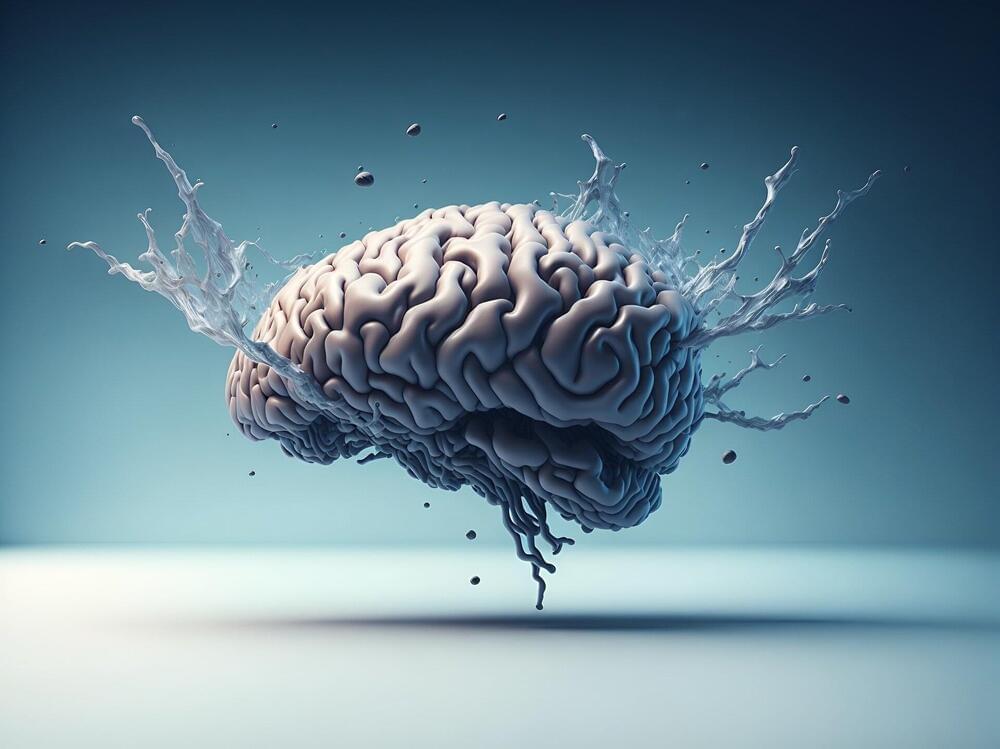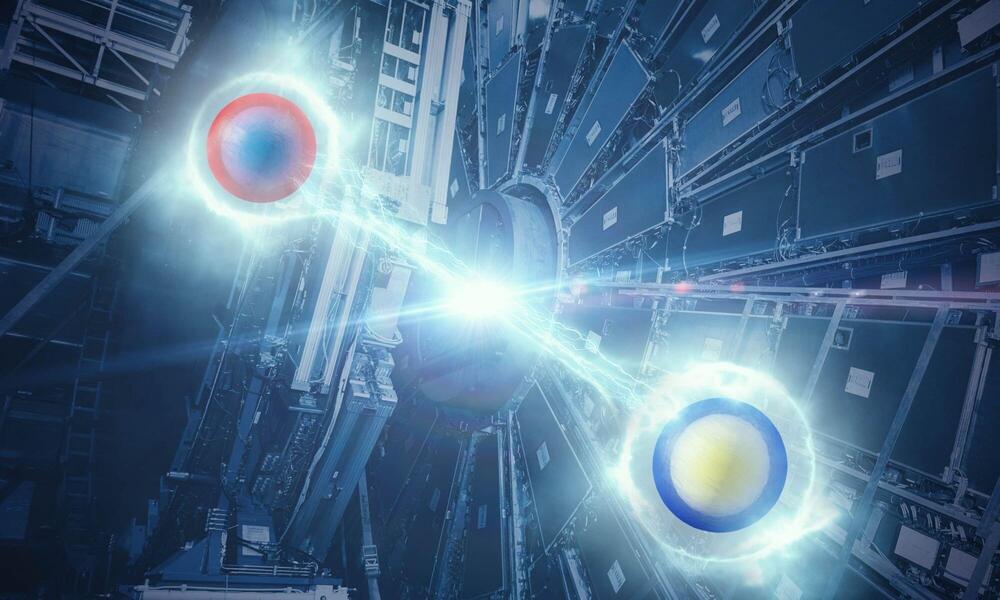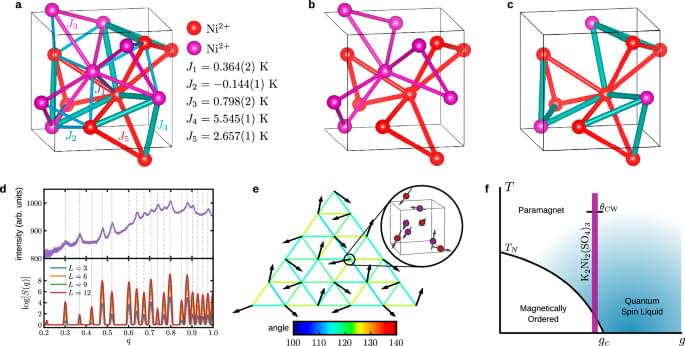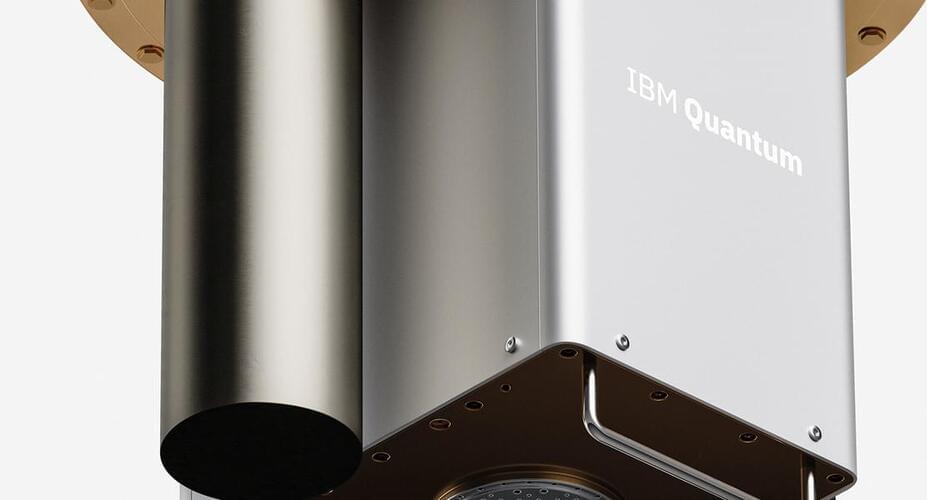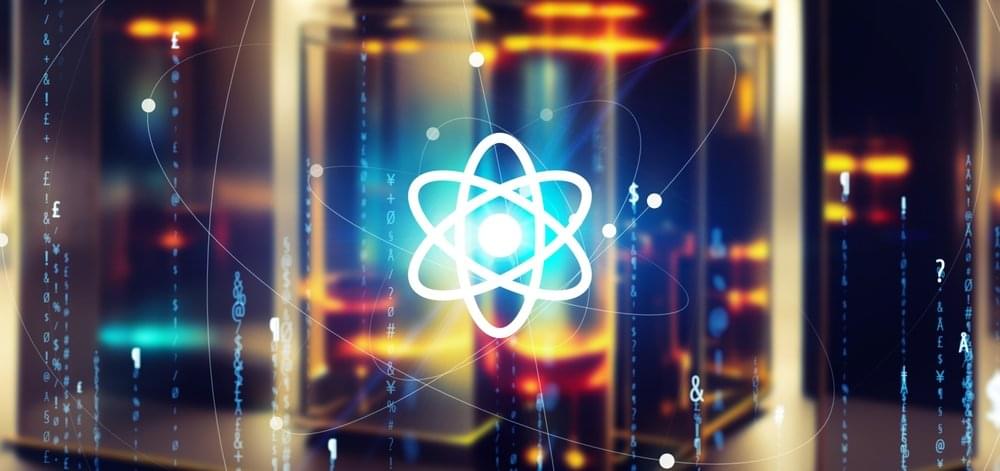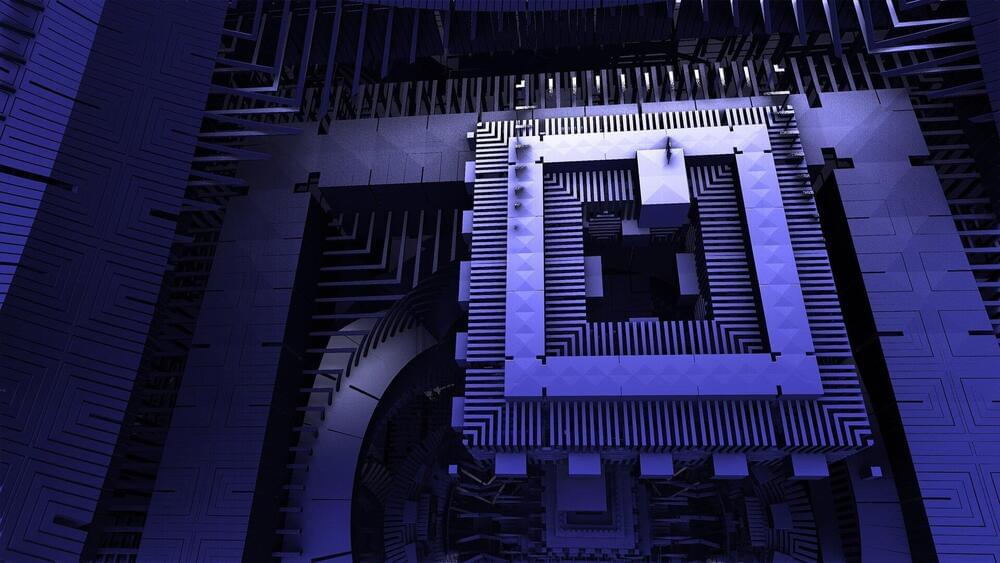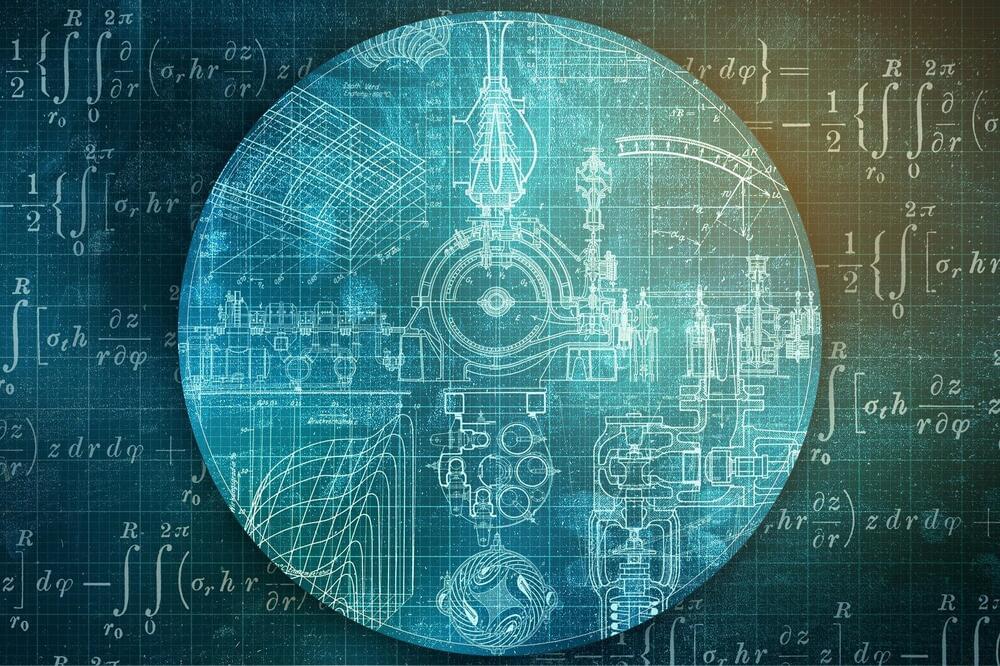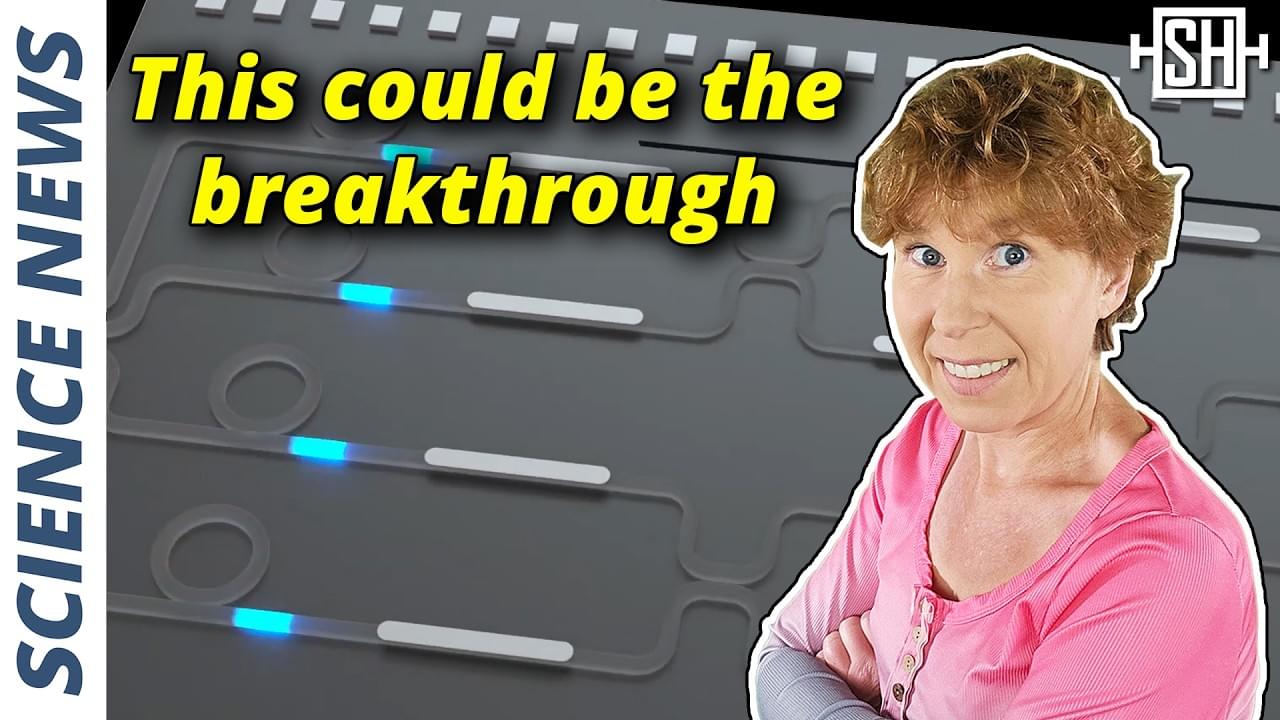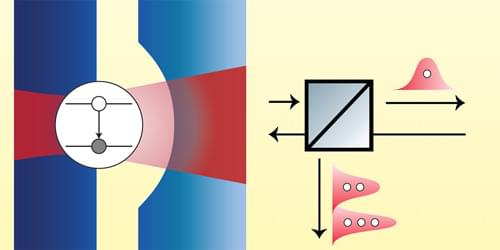Aug 24, 2024
Researcher explores how you can stretch your mind to grasp quantum entanglement
Posted by Saúl Morales Rodriguéz in category: quantum physics
My new article, “Quantum Entanglement of Optical Photons: The First Experiment, 1964–67,” is intended to convey the spirit of a small research project that reaches into uncharted territory. The article breaks with tradition, as it offers a first-person account of the strategy and challenges of the experiment, as well as an interpretation of the final result and its significance. In this guest editorial, I will introduce the subject and also attempt to illuminate the question “What is a paradox?”
